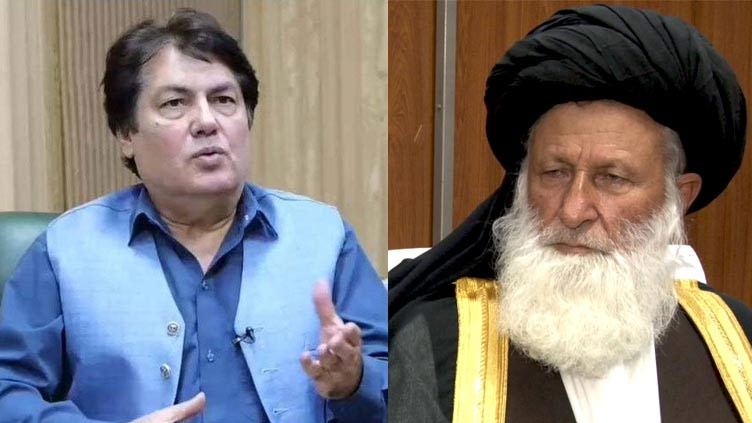- There has been an increase of 108% in gas bills.
- Only 20% of total electricity bill pertains to actual consumption.
- Circular debt within electricity sector surges to astonishing Rs2,400 billion.
Here’s a partial list of countries where electricity pricing and related issues have led to protests and demonstrations over the years: Venezuela, Chile, Brazil, Argentina, Mexico, South Africa, Nigeria, Sudan, Egypt, India, Bangladesh, Nepal, Ukraine, Russia, Greece, Spain, France, Italy, Turkey, Iran, Iraq, Jordan, Lebanon, Yemen, Zimbabwe, Kenya, Ethiopia, Indonesia, Philippines, Thailand, Cambodia, Haiti, Colombia, Peru, Bolivia, Ecuador, Guatemala, Honduras and Paraguay.
In Pakistan, the heat of inflation has been progressively growing. Within the last year, the price of our essential commodity, wheat, has soared by a significant 130%.
Simultaneously, there has been an increase of 108% in gas bills, and prices of tea, rice, and sugar have individually escalated by 90% and 80% respectively. Considering this backdrop, the electricity bill for July can be likened to the symbolic icing on the cake.
Your electricity bill isn’t truly an ‘electricity bill,’ given that only 20% of the total pertains to actual electricity consumption, while taxes make up 30%, and a substantial 50% is attributed to ‘government inefficiencies.’
Around the year 2008, the circular debt within the electricity sector stood at Rs100 billion. Now, looking ahead to 2023, this number has surged to an astonishing Rs2,400 billion.
This steep escalation highlights the shared accountability of every political government that has been in control from 2008 to 2023 for the intricate crisis that engulfs us in the present moment.
The protests in countries like Venezuela, Chile, and Brazil highlight how even resource-rich nations can stumble when it comes to managing their energy sectors.
Mismanagement and corruption can lead to unreliable supply, exorbitant prices, and the subsequent outrage of citizens who find themselves grappling with blackouts and financial burdens.
Similarly, in countries such as Sudan, Nigeria, and Egypt, electricity woes intersect with broader dissatisfaction about the quality of governance, sparking mass demonstrations fueled by a sense of economic injustice.
The case of Pakistan could mirror the global trend. The backdrop of escalating inflation paints a grim picture for the average Pakistani’s purchasing power.
The steep rise in the prices of essentials like petrol, diesel, wheat, gas, tea, rice, and sugar has severely strained household budgets, creating a palpable atmosphere of economic anxiety.
In such a milieu, the surge in the July electricity bill becomes a poignant symbol of the mounting financial pressures faced by an average Pakistani.
The global landscape of electricity-related protests underscores the potent mix of economic pressures and governance shortcomings. The case of Pakistan is a microcosm of these global dynamics, where rising inflation and soaring utility bills are testing the patience of the populace.
Beyond the numbers, the electricity bill symbolises the intersection of economic strains and citizen demands for fairness and accountability.
Ultimately, addressing the electricity crisis and preventing social unrest requires holistic measures that span from energy sector reforms to broader governance improvements.
Only through such comprehensive efforts can Pakistan hope to keep the lights on both literally and metaphorically in the lives of her citizens. Can the electricity bill become the straw that breaks the camel’s back?


 Latest News3 days ago
Latest News3 days ago
 Latest News3 days ago
Latest News3 days ago
 Latest News3 days ago
Latest News3 days ago
 Latest News3 days ago
Latest News3 days ago
 Latest News3 days ago
Latest News3 days ago
 Latest News3 days ago
Latest News3 days ago
 Latest News3 days ago
Latest News3 days ago
 Latest News3 days ago
Latest News3 days ago









